PV: Sir, after more than 5 years of implementing the "One Commune One Product" (OCOP) Program, what outstanding results has Nghe An achieved? Could you share some of the latest results with readers?
Mr. Le Van Luong: The OCOP program has become a widespread movement and has a strong influence throughout Nghe An province, creating a driving force to promote endogenous rural economic development and increase value. Currently, Nghe An province has nearly 743 OCOP products with 3 stars or more, of which 03 products have 5 stars, 45 products have 4 stars, and 695 products have 3 stars. Nghe An is at the top of the country in terms of the number of recognized star-rated products.

Provincial leaders and leaders of the Department of Economic Cooperation and Rural Development visited the clean rice production model in Yen Thanh. Photo: Xuan Hoang
There are currently 449 subjects participating in the program, including enterprises, cooperatives, and production and business households. Of which, the subjects are cooperatives and cooperative groups at 194 (accounting for about 43%). A notable point is that more than 65% of OCOP products have completed packaging, labels, traceability and registered trademarks. This not only meets market requirements but also affirms professionalism and methodical product development. Nghe An is a province with a large area, diverse terrain, long-standing production practices, especially rich in indigenous resources and culinary culture. This is a favorable condition for building OCOP products with clear regional identities, from coastal plains to highlands. Thanks to that, Nghe An OCOP products are very diverse, including processed foods, beverages, herbs, handicraft products...
Nghe An tourism
The impact of the OCOP program on the rural economy is very clear. First of all, the program helps increase the value of local products, create thousands of jobs and increase income for thousands of people. Many models have shown the ability to apply science and technology to deep processing and preservation, while increasing productivity and product quality. On the other hand, linking products with indigenous culture and community tourism also creates great spillover value, promoting overall development in rural areas.
PV: Nghe An is implementing the policy of developing clean and organic agriculture. So how has the OCOP program been adjusted to adapt to the trend of clean production and value chain development?
Mr. Le Van Luong: We clearly define that OCOP is not just a product, but a commodity associated with the ecosystem of production, processing, distribution and consumption. Therefore, from 2023 to now, the province's orientation is to promote clean production, with certification (VietGAP, organic, GlobalGAP...) for input materials, combined with food safety standards in processing, packaging and transportation.
Nghe An tourism

Ky Son Shan Tuyet tea products. Photo: Tran Chau
At the same time, we pay special attention to value chain development. We encourage OCOP entities to build concentrated raw material areas, link with service cooperatives, and have consumption contracts with commercial organizations or e-commerce platforms. This is a mandatory direction to ensure product sustainability and competitiveness. The province is also promoting the development of an OCOP product area map, helping with reasonable planning and improving management efficiency.

Spirulina production in Nghe An for export to other countries. Photo: Chau Lan
Nghe An tourism
PV: With the increasingly strict market trend, especially in e-commerce and export, how do you evaluate the important notes for current OCOP producers and the development orientation of Nghe An's OCOP program in the coming period?
Mr. Le Van Luong: It can be said that the OCOP Program cannot develop sustainably if it does not adapt to the increasingly high demands of the domestic and international markets. Therefore, we have set out four key points to note and also three main axes in the development orientation for the coming time.
Firstly: Propose, adjust and supplement new policies to promote the development of key agricultural products of the province and OCOP products; in which attention should be paid to: Orienting the development of raw material areas to create linkages in product production; training and supporting product innovation; technological innovation; building value chains; supporting production infrastructure, machinery and processing equipment; building advanced quality management systems; vocational training for workers and improving community capacity; supporting access to credit sources; supporting management and market access for product groups that have met export criteria...
Nghe An tourism
Second: Promote support for building product brands, trademarks, geographical indications, especially local specialties and key products to create, preserve and enhance value and competitiveness in the market; encourage improvement of product designs and models; regularly promote products, create conditions for product consumption associated with tourism development; build stores to introduce, display and trade OCOP products; focus on developing OCOP products in parallel with building brands and industrial designs, applying VietGAP, Global Gap, HACCP standards... for OCOP program products.

Thien Son orange (Nghe An) is a typical rural product of Nghe An. Photo: Chau Lan
Nghe An tourism
Third: Promote the application of science and technology, digital transformation in trade promotion. Encourage and support entities to participate in e-commerce platforms, promote products in the electronic environment. Expanding the consumption of agricultural products on e-commerce platforms helps build brands, promote, introduce and expand the market for OCOP products.
Fourth: Strengthen post-OCOP recognition supervision to strictly control product quality, food safety and hygiene, maintain and enhance the reputation as well as build the brand of OCOP products in the hearts of consumers.
Nghe An province is perfecting the support mechanism for OCOP subjects not only in production but also in trade, communication, and market promotion. We identify this as a sustainable and long-term rural economic development program, requiring the synchronous participation of the entire political system, business community, and people.

Ky Son ginger is exported to many countries. Photo: Lu Phu
Reporter: Can you share some typical models in the province, clearly demonstrating the OCOP development orientation towards clean production and value chains?
Mr. Le Van Luong: We can mention some typical models: Products of Pu Mat Medicinal Materials Joint Stock Company, Spirulina algae in Quynh Anh commune are produced in a closed system using modern biotechnology, traceable origin, meeting food safety standards and export potential; Van Phan fish sauce (Dien Chau): building a clean anchovy raw material area, processed using traditional methods combined with modern technology, has 4-star OCOP certification and is promoting export. In addition, Shan Tuyet tea products, Que Phong golden flower tea, Nam Dan veal sausage, Minh Sang tea, Que Bac lotus tea, Phu Quy medicinal materials, Duc Phong bamboo and rattan weaving, Kim Nhan oranges, etc. These models all have in common that they associate products with indigenous cultural values, have modern technical and management support, especially the application of digital technology.
Reporter: Thank you!
https://baonghean.vn/ocop-nghe-an-phat-trien-ben-vung-gan-voi-chuoi-gia-tri-va-san-xuat-sach-10302541.html






![[Photo] Urgently help people soon have a place to live and stabilize their lives](/_next/image?url=https%3A%2F%2Fvphoto.vietnam.vn%2Fthumb%2F1200x675%2Fvietnam%2Fresource%2FIMAGE%2F2025%2F12%2F09%2F1765248230297_c-jpg.webp&w=3840&q=75)







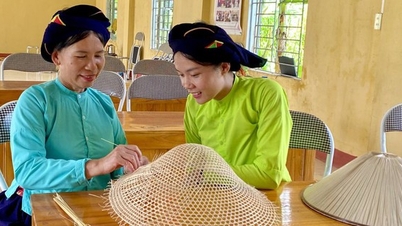

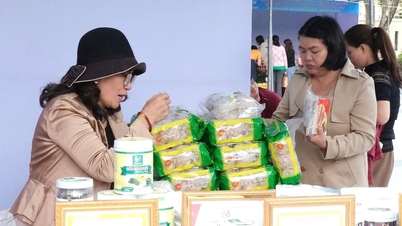







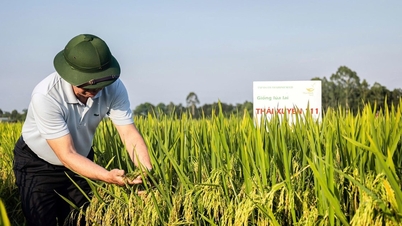

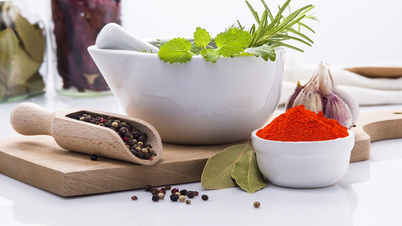
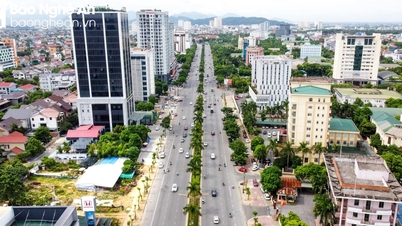
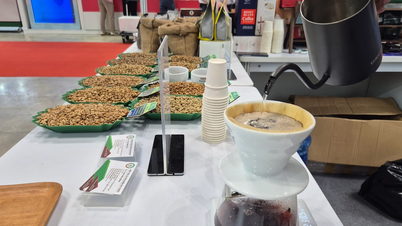
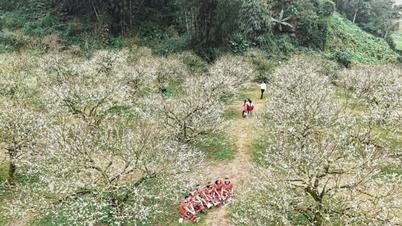
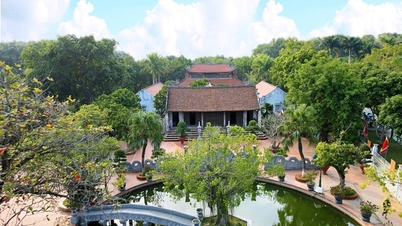

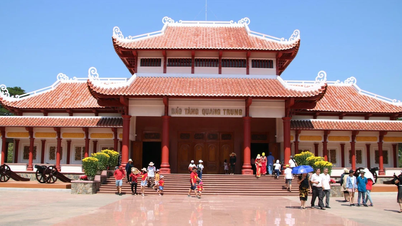

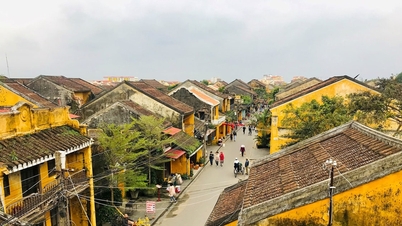
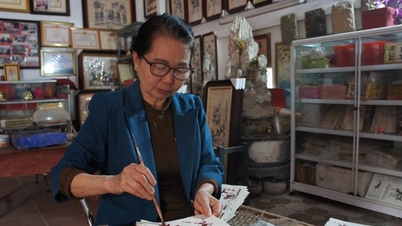

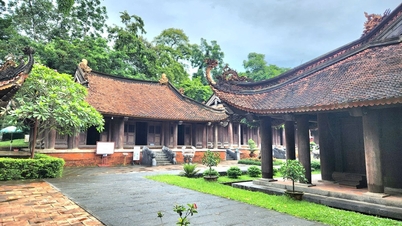
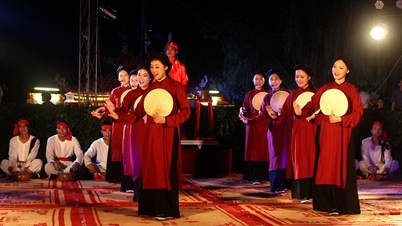
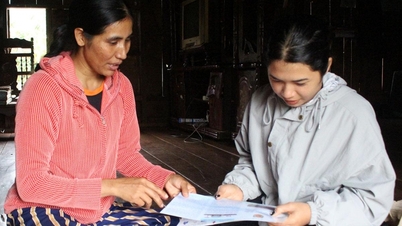







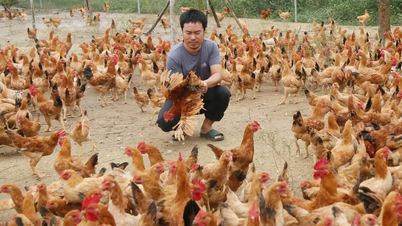


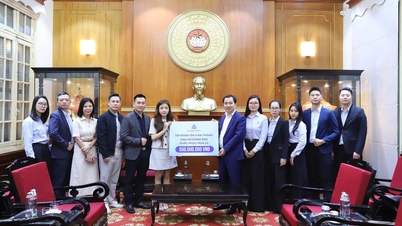

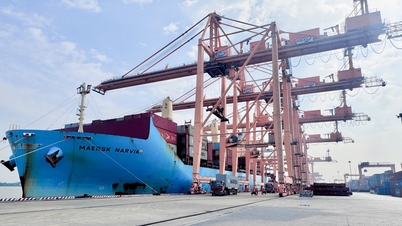
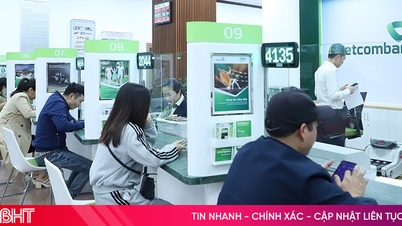



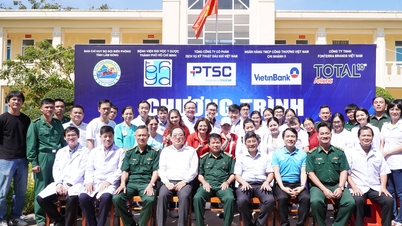











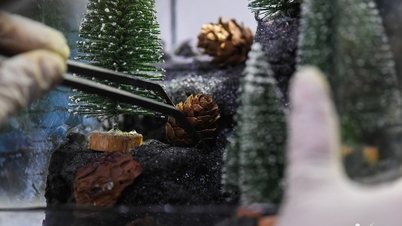





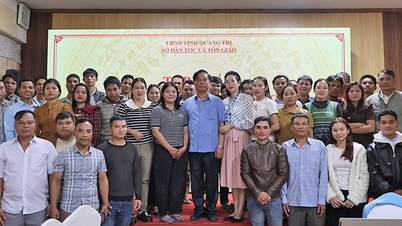
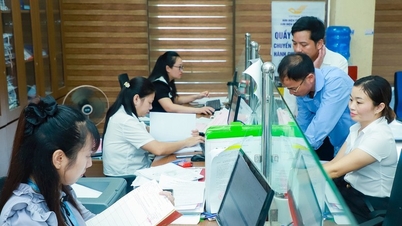




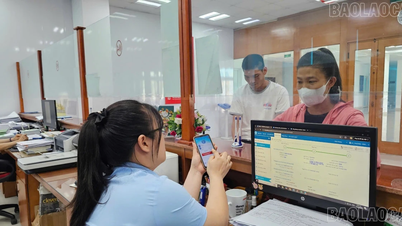

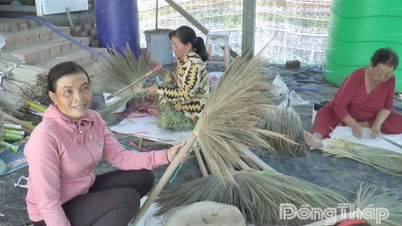

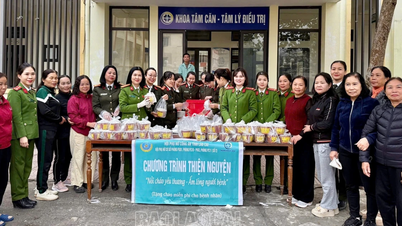
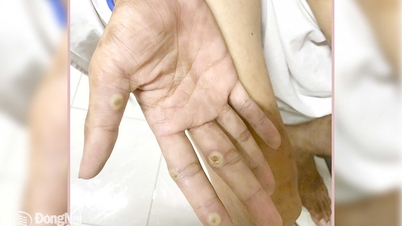
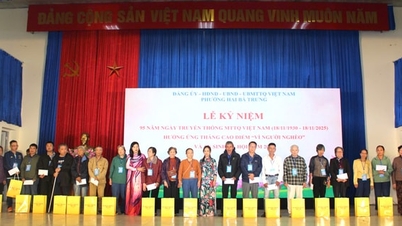

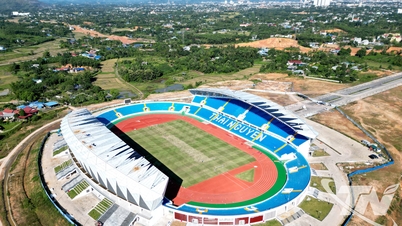















Comment (0)